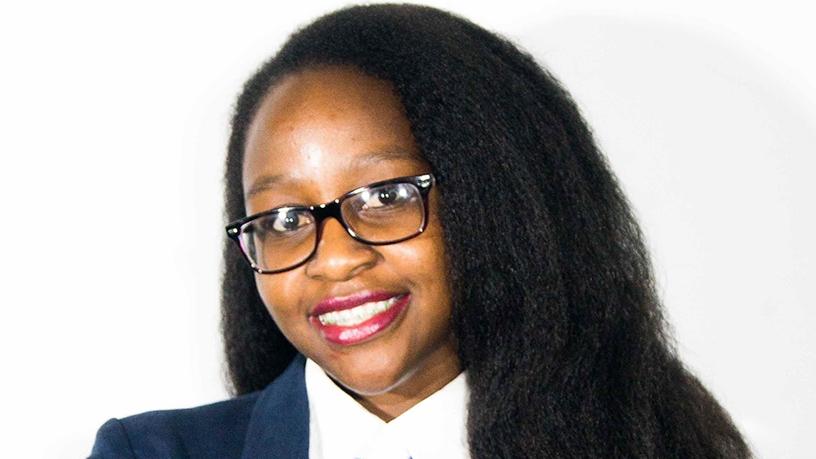
A University of Cape Town (UCT) student has developed a blockchain-based solution to arrest corruption and fraud in the development aid sector.
Rufaro Masiiwa, a modular MBA student at the UCT Graduate School of Business, worked on developing a more secure solution to help donors transfer monetary aid to beneficiaries.
Masiiwa was selected to participate in Africa's largest blockchain hackathon - Unblock the Block - hosted by Linum Labs and UCT research institute, the African Institute for Financial Markets and Risk Management.
The 10-day event aimed to surface relevant blockchain solutions with a positive application on the African continent and saw almost 80 participants from around the world attending.
Masiiwa points out that though the claim that 70% of aid budgets are "stolen off the top" has been widely debunked, it has also been widely reported that the loss of aid to theft and fraud is a cause for concern.
Some 30% of aid is lost to corruption and fraud, then-UN secretary-general Ban-Ki Moon pointed out at a high-level social panel on accountability and transparency in 2012, she says.
Masiiwa's team, Funds Aid, built a platform that would help solve the problem of transferring monetary aid from donors to beneficiaries. "Nearly a third of aid is lost to corruption and fraud. Furthermore, sending monetary transfers through traditional banking systems is associated with high transaction costs," says Masiiwa.
The solution, therefore, allows users to bypass traditional channels, instead depositing funds demarcated as aid into an escrow account of a partner bank.
In exchange, explains Masiiwa, the bank issues tokens equivalent to fiat currency, which are then disbursed to beneficiaries. The beneficiaries can use these tokens to purchase goods.
It was important to Masiiwa's team to ensure there was no room for aid funds to be intercepted.
"The tokens can only be redeemed by beneficiaries, who are issued with a unique key that unlocks the tokens from their wallet, thereby eliminating the loss of funds through corruption and fraud," Masiiwa explains.
"Only the merchant is able to redeem the tokens for fiat currency using the partner bank."
She adds the major advantage is that the project concept - of transferring value - can be applied to other areas, such as remittances and traditional bank transfers, increasing security in other sectors too. "The solution cuts across many sectors."
Zimbabwean-born Masiiwa, whose Master's thesis was in health and development, believes the project illustrates the importance of adopting blockchain technology beyond increasing wealth, but also in creating a better world: increasing transparency in multiple areas and protecting the vulnerable.
"Blockchain is effectively increasing transparency of transactions, reducing transaction costs and increasing access to finance for the world's most vulnerable people."
She points out that blockchain technology is relatively new and given its novelty and potentially disruptive application, her team was keen to explore use cases in the real world.
UCT and Linum labs are some of the few academic institutions in Africa that are researching and driving the application and adoption of blockchain technology in Africa.
"Given that this is likely the fourth wave of industrialisation, I guess it is important for UCT to be at the forefront of deriving real-world use cases of blockchain," says Masiiwa.
"We have continued to work on our development, and we are keen to launch it commercially. We are aware there are some competing technology in Europe and the US - Aid Tech is one."
Share